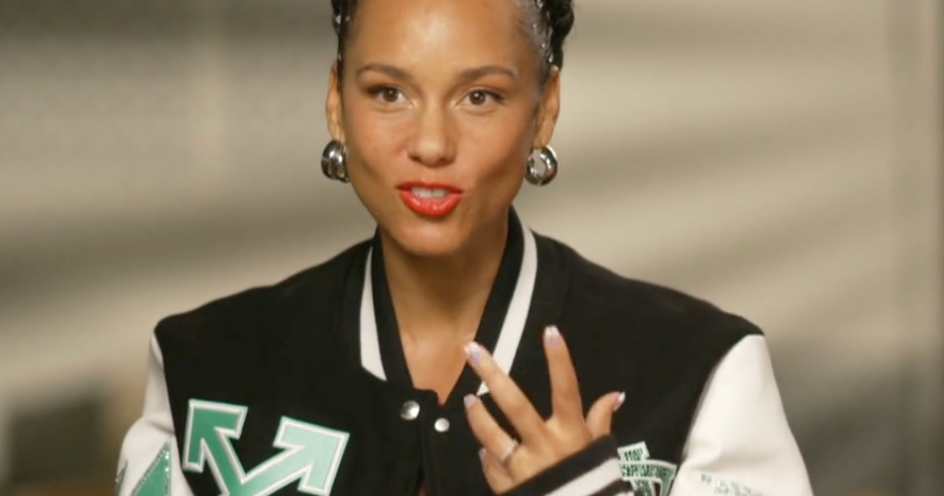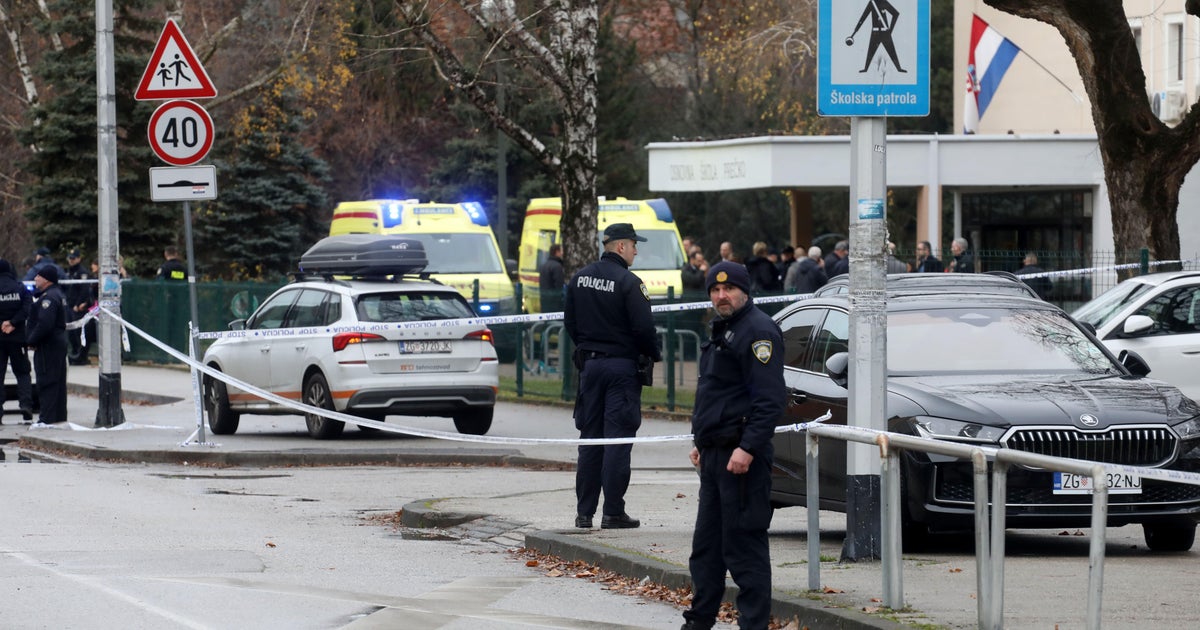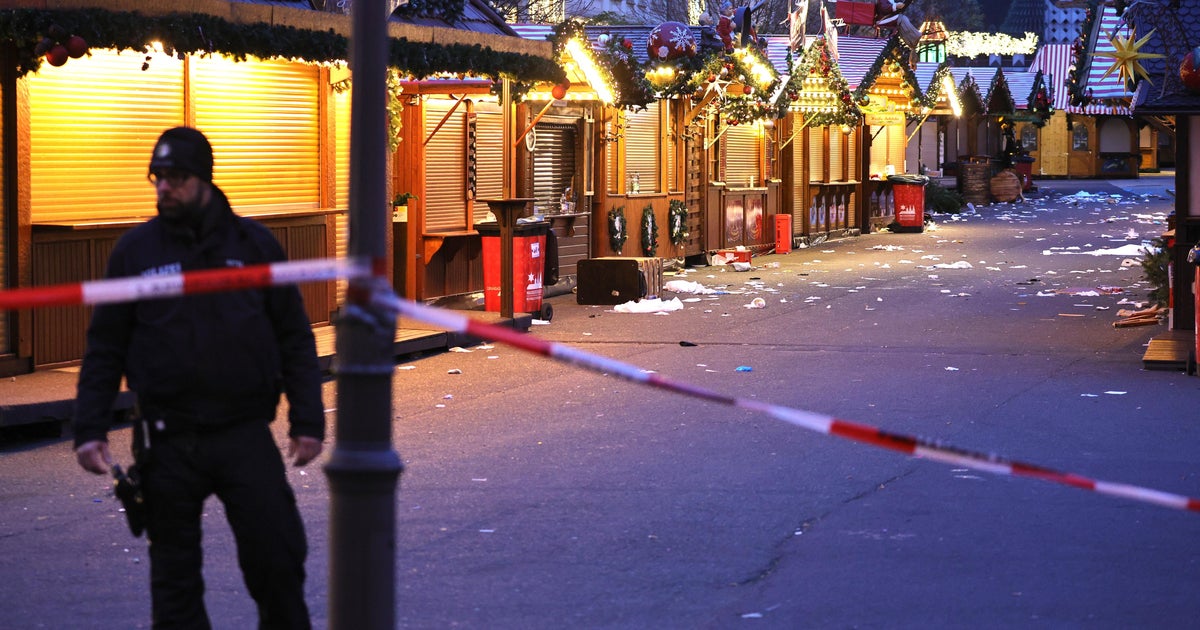Michael Fanone, officer brutally injured in Capitol riot, says Lindsey Graham suggested shooting protesters "in the head"
Michael Fanone, the DC Metropolitan Police officer who almost died defending the U.S. Capitol on Jan. 6, 2021, suffered burns, a heart attack and traumatic brain injuries after insurrectionists assaulted him that day. He got an electrical shock on his neck, and was beaten with a flagpole.
Fanone has since resigned as a police officer, and has criticized those he says are trying to "whitewash" the assault on the Capitol.
He secretly recorded his conversations with lawmakers in the months that followed. They are described in his new memoir, "Hold the Line: The Insurrection and One Cop's Battle for America's Soul" (to be published October 11 by Atria Books, an imprint of Simon & Schuster, which, like CBS, is part of Paramount Global).
In a meeting with Republican Sen. Lindsey Graham of South Carolina, Fanone described the assault officers faced, and, Fanone writes, Graham responded: "You guys should have shot them all in the head."
On "CBS Mornings" Monday, Fanone described his meetings with lawmakers after the riots: "I was there that day with Gladys Sicknick, who's the mother of officer Brian Sicknick, who lost his life as a result of his work on January 6, and also [Capitol Police Officer] Harry Dunn was with me. And we were there advocating for a bipartisan commission to investigate the cause of January 6. And so, we were meeting with a bunch of senators trying to sway their vote, primarily I think it was all Republican senators. And Lindsey Graham happened to be present at this one meeting, and during that meeting – I don't know if he was trying to be funny or what – but he did kind of fly off the handle and say that he gave us guns, and that we should have shot all these protesters in the head."
"CBS Mornings" co-host Gayle King asked, "What did you think when he said that?"
"I told him I appreciated his enthusiasm," Fanone replied. "But you know, there are very specific guidelines that dictate law enforcement's use of force. And you know, while we are authorized to use deadly force in some very narrow set of circumstances, they would not have been practical in that type of an environment when there are so many people condensed in such a small space. There would have been individuals who would have been just caught in the crossfire and killed without justification.
"But it also speaks to a greater misunderstanding of policing and police policies – you know, our politicians are here to facilitate constructive conversations about law enforcement with law enforcement and members of the community, and when you have a sitting U.S. senator who doesn't even understand basic police policy, that's a problem."
CBS News has been given first access to a surreptitious audio recording Fanone made during a June 2021 meeting between officers who responded on Jan. 6 and House Republican leader Kevin McCarthy of California, who spoke about his actions at the Capitol that day.
McCarthy: "I was trying to convey to everybody I know – because they're not inside here – what is happening inside. And that's when I went on television, too. I said I talked to the president, and I want it ended."
The mother of Officer Sicknick, who died of natural causes a day after the attack, was also in the meeting, and asked McCarthy why then-President Trump didn't call off the mob.
Gladys Sicknick: "[Trump] knew what was going on. He knew they were fighting for hours and hours and hours … You know, this doesn't make any sense to me."
McCarthy: "I'm just telling you from my phone call I don't know that he did know that at that point."
In another exchange, Fanone challenges McCarthy, when the Republican leader urges against "politicizing" Jan. 6:
McCarthy: '"If we don't handle it in a political way, I don't believe that happens … If we treat it like politics, then it just – "
Fanone: "Kevin, I agree with you. The problem is, it is political, because it happened here on Capitol Hill and it involved a political movement. It involved a group of extremist right wing elements of our American society, which was mobilized by politicians, and that's just a fact."
Neither McCarthy nor Graham have returned requests from CBS News for comments on their conversations with Fanone.
Fanone has spoken about the loss of privacy, and the compromises to his physical and mental health, owing to the Jan. 6 rioters. When asked why he has continued to speak out publicly, he said, "I continue to talk about it because I haven't accomplished what I set out to accomplish, which was accountability for those that were responsible for January 6, and also for acknowledgment for the officers that fought at the Capitol that day to preserve democracy."
"CBS Mornings" co-host Tony Dokoupil asked, "For people who don't believe what their own eyes see in video leading up to the riot on January 6 and then the day of the riot itself, it's very hard to convince them, and almost the more you try, the more they resist. I know you've had conversations with people where you've experienced that. How do you get through that so, as you say, the truth and the accountability you're looking for becomes a reality?"
"I tried by releasing my body-worn camera footage, letting people see firsthand the reality of the violence of that day," he said. "We're now 19 months later, and unfortunately there's still a large part of America that either doesn't believe what happened that day, they don't believe me, or they're just indifferent to what happened."
"You're a very recognizable guy," said Dokoupil. "When someone stops you at a restaurant or on a street corner and says, 'Hey, you're that guy, you're lying, you're out there telling lies,' how do you handle that?"
"Fortunately, the in-person interactions that I've had have been mostly positive," Fanone said. "When I do have negative interactions, the people are usually so angry that they're incoherent. I don't know what the hell they're saying anyway."
Co-host Nate Burleson asked, "You say that there could be potential consequences if that day is whitewashed. What do you mean by whitewashed, and also what are those consequences?"
"Well, obviously you have, by whitewashing, I'm referring to statements from lawmakers like Andrew Clyde [A Georgia Republican who described the riot as a "normal tourist visit"], like Marjorie Taylor Greene [also a Georgia Republican], people who are saying that it was not a violent day," Fanone said. "They do so by taking, like, a single photograph of, you know, a relatively peaceful display on that day and using that microevent to describe, you know, the entire event in and of itself.
"I mean, it's not 'misleading'; it's a lie. You know, if two people hugged it out on the west front of the Capitol while hundreds of officers were getting their behinds beaten, is that an honest description of what happened that day?
"And obviously, if we don't hold these people accountable, you know, we're going to see this type of violence again," Fanone added. "We're going to see this playbook become a part of our national politics. And when one side doesn't win, they're going to resort to violence."
Co-host Gayle King said, "My heart broke reading the book. It made me angry, it made me sad. And I'm thinking you're an officer where at one point you were told, 'kill him with his own gun.' I don't know how you process that, Michael, and continue to do what you continue to do."
"I'm stubborn," he replied.
Fanone's revelations come as the House January 6th Select Committee prepares to return to the spotlight this week following a summer of behind-the-scenes investigating and seeking more records from the U.S Secret Service about missing Jan. 6 text messages.
The House Select Committee hearing is scheduled for Thursday, October 13 at 1 p.m. ET.
For more info:
- "Hold the Line: The Insurrection and One Cop's Battle for America's Soul" by Michael Fanone and John Shiffman (Atria Books), in Hardcover, eBook, and Audio formats, available October 11 via Amazon, Barnes & Noble and Indiebound
See also:






